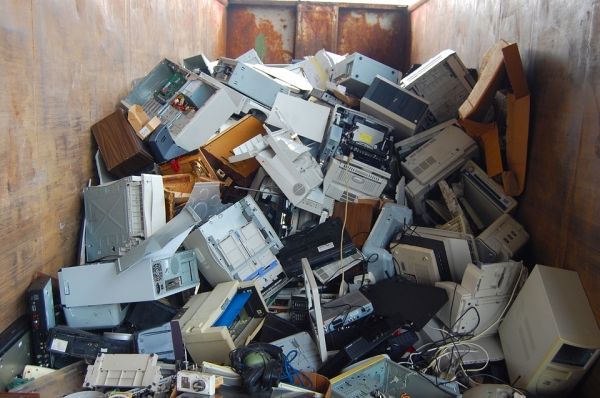New research from the Hypothetical Materials Lab at the University of Pittsburgh Swanson School of Engineering develops a framework to understand the choices an electronic waste recycler has to make and the role that digital fraud prevention could have in preventing dishonest recycling practices.
Think about how many different pieces of technology the average household has purchased in the last decade. Phones, TVs, computers, tablets, and game consoles don’t last forever, and repairing them is difficult and often as expensive as simply buying a replacement.
Electronics are integral to modern society, but electronic waste (e-waste) presents a complex and growing challenge in the path toward a circular economy—a more sustainable economic system that focuses on recycling materials and minimizing waste. Adding to the global waste challenge is the prevalence of dishonest recycling practices by companies who claim to be recycling electronics but actually dispose of them by other means, such as in landfills or shipping the waste to other countries.
New research from the Hypothetical Materials Lab at the University of Pittsburgh Swanson School of Engineering develops a framework to understand the choices a recycler has to make and the role that digital fraud prevention could have in preventing dishonest recycling practices.
Read more at University of Pittsburgh
Photo Credit: dokumol via Pixabay


